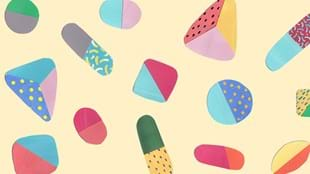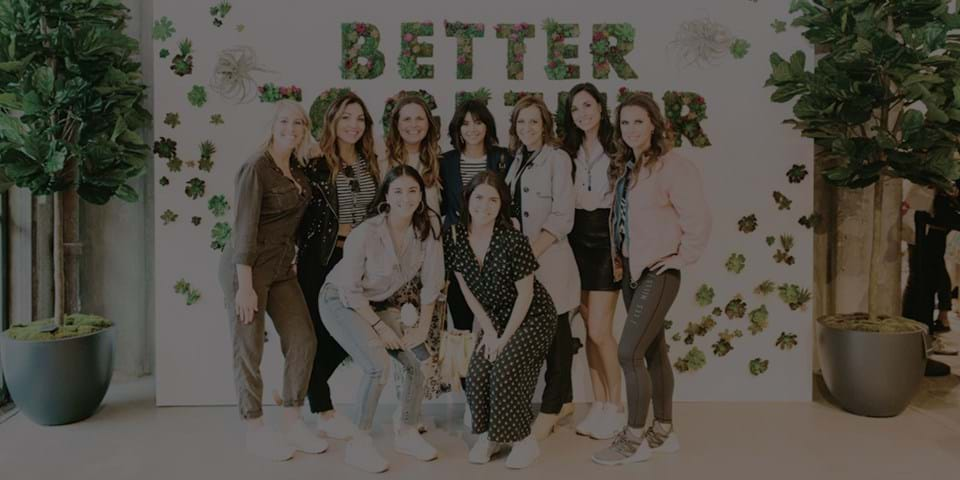Antibiotic resistance is now recognized as a global health threat. How serious is it?
It’s incredibly serious. WHO produced a report in 2014, which was the first time it looked into this, and concluded that antibiotic resistant organisms are everywhere, and the incidences of serious infection and death caused by them are rising. Essentially the microorganisms we live with are becoming more resistant to the drugs we have to kill them, which has major ramifications for modern medicine.
How much time have we got?
That’s a hard question to answer. There is a prediction that by 2025 we could see a return to the pre-antibiotic era when a stubbed toe could lead to amputation, even death. Experts have been saying that we have about a decade, but vulnerable patients are already at the mercy of resistant organisms, so it’s already having an impact. For the majority of people we might have five to ten years or a little longer, but it depends on how fast we start acting and doing something about it.
It’s our own fault, right?
It’s very clear that we have misused antibiotics, because they’re easy to prescribe and are inexpensive. We’ve been misusing them, not only by using them for the wrong things – such as treating viruses with them – but also using them for the wrong reasons. That is, using broad spectrum antibiotics, antibiotics that are prescribed because it’s not clear what the problem is. So a doctor will think “it could be this and it could be that”, and if you give them a broad spectrum antibiotic it would clear both of them.
What’s wrong with broad-spectrum antibiotics?
They kill more microorganisms than we want them to kill. We have this incredible body made up of lots of microbes, in our gut, in our nose, on our skin, and wiping them out can lead to other diseases. Clostridium difficile, for example, is a nasty organism that is often kept in check by other gut (bacteria) and broad-spectrum antibiotics can wipe them out and leave us vulnerable to it.
The other thing is that these organisms emerge naturally, by the process of mutation – when bacteria reproduce themselves, they make small mistakes in their genetic material, and bacteria grow quickly and in great numbers. If that mutation provides an advantage to the bacteria, then they will survive. When antibiotics are present, antibiotic resistant bacteria will have an advantage over sensitive bacteria. So broad-spectrum antibiotics have a lot of collateral damage.
It isn’t surprising that doctors might often prescribe broad-spectrum antibiotics, is it, given that they often don’t know what’s causing the illness?
Yes, when we get an infectious disease, our immune response is triggered and our body tries to kill whatever is attacking it, so the symptoms of a bacterial pneumonia, for example, can be the same as a viral infection. You’d need to take antibiotics for one, but they wouldn’t do anything to treat the other.
A lot of diagnosis is based on ‘what is the most likely thing for it to be, what is circulating’. We just don’t have the tools to diagnose infectious diseases really quickly. A pediatrician friend told me that when you’ve got a sick baby, most of time it’ll be caused by a virus, but if it is a bacterial infection, the kid may well be dead by the time they’ve got a correct diagnosis. So they use broad spectrum antibiotics because it’s in the child’s best interest.
Doctors used to prescribe an antibiotic for a patient because the patients insisted, as the antibiotics were perceived as the cure-all for everything. Are attitudes changing?
I think they are. But I do worry that it’s going the other way. I’ll talk to people who’ll say, “well, I don’t take antibiotics anymore”. There seems to be a misunderstanding of what antibiotic resistance is, that people become resistant to antibiotics rather than the bacteria. That’s not how it works. If you have a rampant bacterial infection, no matter how healthy you are, or how much yoga you do, you’ll need an antibiotic. The last thing I want is for people to feel they shouldn’t be taking them when they need them. Even if the infection isn’t a huge deal for them, they may transmit that infection to somebody else, so more people will then need to be treated with antibiotics.
“The last thing I want is for people to feel they shouldn’t be taking antibiotics when they need them”
- Dr Siouxsie Wiles
You also say we need better regulations around the environmental impact of the production of antibiotics.
Yes, and we need drug-buying agencies to start putting the onus on drug companies, requiring them to declare how the waste from the drug production companies is treated. China has put itself up as a cost-effective place to make raw ingredients for drugs, including antibiotics, and India as a cost-effective place to make the finished products. Neither of those countries have enforced regulations around the treatment of waste water or waste products from those plants, and several studies have shown vast amounts of the finished products and raw ingredients are ending up in rivers, streams and in the soil, providing a place for antibiotic-resistant organisms to thrive. So you get transfer of resistant organisms from the environment, into animals and into humans. The pharmaceutical companies have started looking at their supply chains and say they’ll self-regulate, but by 2020 or something, and that’s not good enough.
And, as you’ve pointed out in your book, antibiotics are used to prevent disease in agriculture, horticulture and aquaculture.
Yes, and we should start demanding that these products are labeled if antibiotics are used in any stage of the production process, and lobby for them to be used less. Food is being made cheap by the use of antibiotics, but what we’re not paying for at the till, we are paying for in every other aspect.
What can we do, at a personal level?
Do what you can do to prevent infection. If there’s a vaccine, use it. Preventing infection by good hand hygiene is really important. You can also stay away from people when you’re ill. It might be a virus, like a cold, and it might not be that bad for you, but other people in your office might end up with a serious bacterial infection as a result of that viral infection. If it’s possible to work remotely, then stay home and get yourself well.
We’ve always been told that, when prescribed antibiotics, we need to finish the whole course, but an article published recently in the BMJ (British Medical Journal) said that there was no good evidence to support this, and even suggested that people could safely stop taking them when they feel better. What do you think?
The people who wrote this are coming from a good place, that preventing this apocalypse of antibiotic resistance depends on antibiotics being used more wisely, to avoid creating an environment where resistant organisms can flourish. So what they’re saying is that if you’re feeling better you’ve got to a stage where the bugs you’ve been infected with are gone, or reduced to the level that your body can tackle them on its own. They’re talking about common infections, where the strategy may well work, but for some diseases this would be disastrous. For example, with TB, if you stop taking the drugs when you feel better it won’t have got rid of the disease and it will come back worse than before.
In terms of taking personal action, you also recommend lobbying for and supporting more research into communicable diseases, and more innovation in how to treat them?
Yes, otherwise we’re stuffed. We need to figure out how to best use the antibiotics we’ve got left, but that’s going to solve those things that are already untreatable. We need to get more solutions on the table. That might be more antibiotics being developed, more innovation in how to treat without using antibiotics, better diagnostics, and more vaccines that can prevent infectious disease.
There are dozens of research groups that you could support - any pointers?
There’s Antibiotic Research UK, a charity that is aiming to raise one new antibiotic in the next five to seven years – this year it’s aiming to raise £550,000, but it’s about £300,000 short.
And you can help fund the research being done in my lab! New Zealand has all sorts of fungi that have never been searched for new antibiotics, so we’re trying to find fungi that can kill antibiotic-resistant superbugs like MRSA and E. coli. People can help by sponsoring a fungus – we have ten thousand to screen, and we’ll tell you how the fungus you sponsor gets on. Every little thing can make a difference – it’s very hard to get funding for this kind of work, so we rely on the public for their help.

Dr Siouxsie Wiles is a microbiologist and bioluminescence enthusiast. As head of the Bioluminescent Superbugs Lab at the University of Auckland she is working to understand infectious diseases by making bacteria glow in the dark. She and her team are also trying to find fungi that can kill antibiotic-resistant superbugs. Siouxsie is a respected science communicator, who is keen to raise awareness of the growing threat of antibiotic-resistant superbugs. She recently authored the short book, Antibiotic Resistance; the End of Modern Medicine?
Follow the freshest thinking @fitplanetmag.







